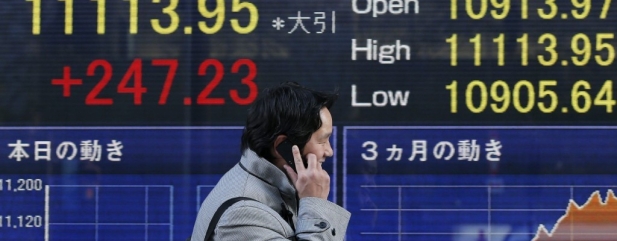News of Japan’s prime minister Shinzo Abe stepping down due to ill-health has shocked financial markets.
In a flash indication for what it means for Japanese stocks, the country’s benchmark Nikkei 225 index plunged 1.41% in afternoon trading on 28 August shortly before the news was confirmed following widespread speculation.
Known for stimulating the country’s growth with his aggressive economic policy known as ‘Abenomics’, the abrupt resignation of Japan’s longest serving PM has also shaken the yen and Japan’s bond market with both asset classes falling.
But many in the market don’t think there will be much change despite Abe’s departure. AVI Japan Opportunity (AJOT) manager Joe Bauernfreund says Japanese companies see the merits in Abe’s economic reforms and have no desire to reverse course, and will continue to put a greater focus than they did before the reforms on shareholder returns and capital efficiency.
Whoever takes over from Abe is expected to keep existing economic policies in place, particularly given the current pandemic, as the country looks to avoid falling back into the deflationary spiral which caused its ‘lost decade’ in the 1990s.
‹ Previous2020-09-03Next ›

 magazine
magazine








